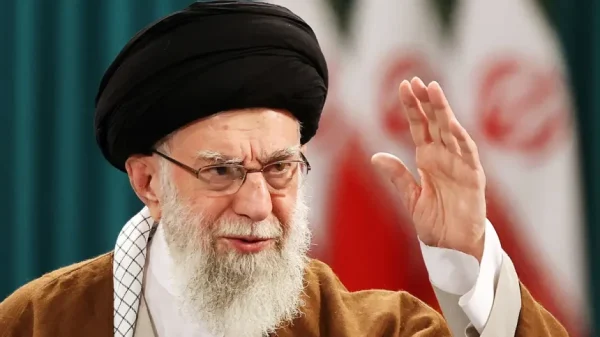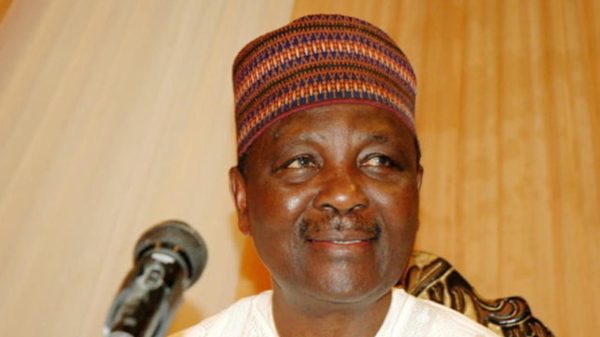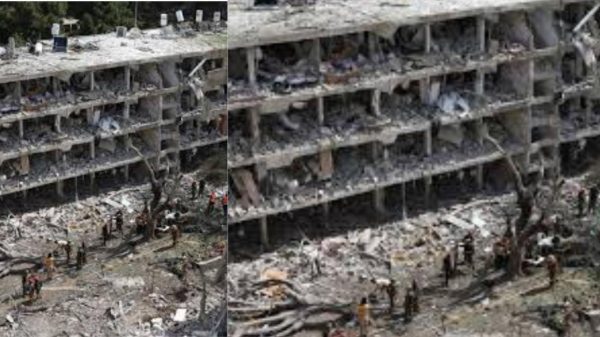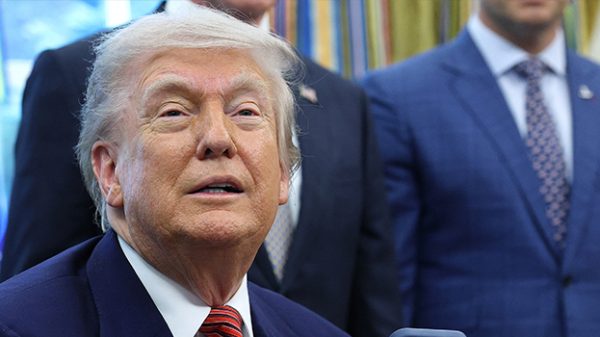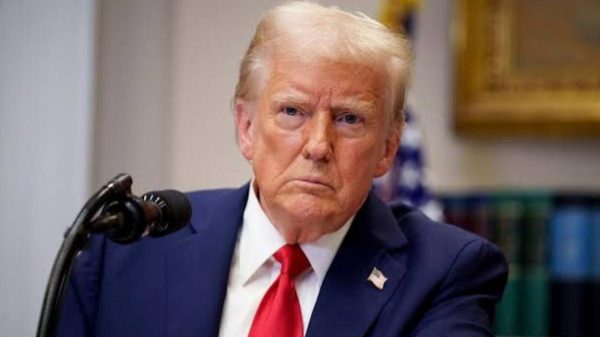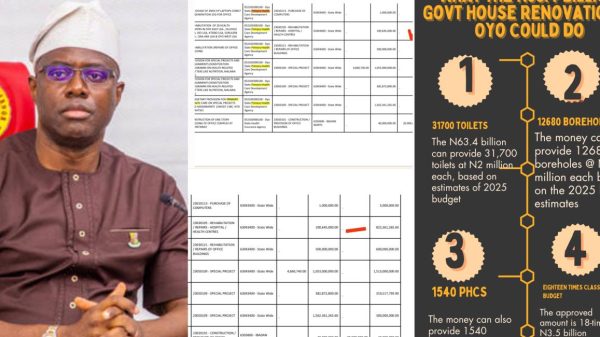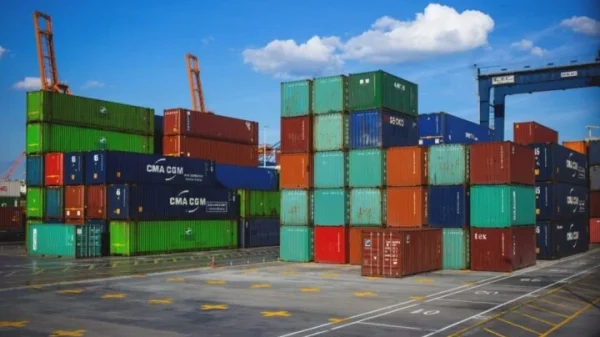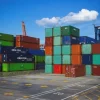The Major Energies Marketers Association of Nigeria (MEMAN) has reported a reduction in the landing cost of imported Premium Motor Spirit (PMS) to N797.66 per litre as of Monday, March 18. This represents a decrease of N20.16 from the previous N817.82 per litre recorded on March 14.
According to MEMAN’s daily energy bulletin, the on-the-spot rate at the NPSC-NOJ terminal also dropped to N797.73 per litre, down from N817.9 per litre in the previous week. Additionally, the 30-day average cost fell from N854.15 per litre to N851.76 per litre.
Global Oil Market Trends
MEMAN attributed the changes in landing costs to fluctuations in international petroleum pricing, which has been impacted by geopolitical and economic factors. These include developments in the Middle East, market conditions in China, seasonal variations, and global production levels.
The association noted that the foreign exchange rate remains relatively stable at N1,517.93 per dollar, while the latest petrol shipment was calculated at 38,000 metric tonnes.
“The foreign exchange rate has shown minimal fluctuations in recent periods. However, landing costs remain subject to frequent changes due to market dynamics. Savings can be achieved through negotiation, access to foreign exchange, and improved logistics,” MEMAN said in its report.
Dangote Refinery Adjusts Petrol Prices
Meanwhile, the Dangote Petroleum Refinery has also reduced its ex-depot price of petrol, dropping it from N825 per litre to N815 per litre at its loading gantry.
Earlier this month, the refinery announced a plan to refund oil marketers who purchased petrol at rates higher than its advertised prices. The affected marketers include AP (Ardova Plc), Heyden, and MRS Oil.
The recent reduction in landing costs and refinery prices could provide some relief for oil marketers and consumers, as petrol prices have been a major concern for Nigerians in recent months. However, fluctuations in global oil prices and foreign exchange rates continue to influence the country’s fuel market.
Looking Ahead
Experts suggest that further price stability in Nigeria’s petroleum sector will depend on factors such as global crude oil prices, exchange rate management, and domestic refining capacity. With ongoing efforts to improve local refining and reduce dependence on imports, Nigerians remain hopeful for a more stable and affordable fuel market.


